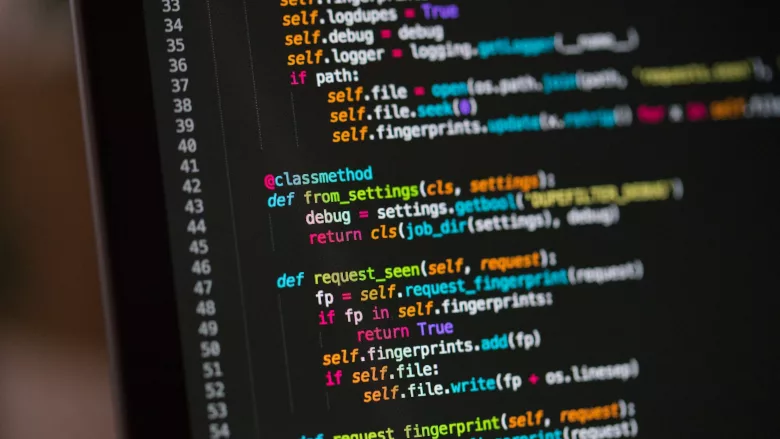
Anti-government protests in Nigeria can have significant security implications, both for the protesters themselves and for the general public. The following are some key security concerns that can arise from anti-government protests in Nigeria:
1. Violent Clashes: Anti-government protests can sometimes escalate into violent clashes between protesters and security forces, as well as between different groups of protesters with opposing views. This can lead to injuries or even fatalities among protesters, security personnel, and innocent bystanders caught in the crossfire.
2. Property Damage: Protests can sometimes result in vandalism, looting, and property damage as tensions run high. Businesses, government buildings, and public infrastructure may be targeted, leading to economic losses and disruptions to the daily lives of citizens.
3. Social Unrest: Widespread anti-government protests can create a sense of social unrest and instability in the affected areas. This can lead to a breakdown in law and order, making it difficult for authorities to maintain peace and security in the region.
4. Human Rights Violations: Security forces may sometimes respond to anti-government protests with excessive force, leading to human rights violations such as arbitrary arrests, torture, and extrajudicial killings. This can further fuel resentment and anger among the protesters, escalating the situation.
5. Disruption of Public Services: Anti-government protests can disrupt public services such as transportation, healthcare, and education, affecting the daily lives of citizens and potentially putting vulnerable populations at risk.
6. Cybersecurity Threats: In the digital age, anti-government protests may also be accompanied by cybersecurity threats such as hacking attempts, misinformation campaigns, and disruptions to critical infrastructure. Protesters and government agencies alike may be targeted by malicious actors seeking to exploit the situation for their own ends.
7. International Implications: Anti-government protests in Nigeria can also have implications beyond the country’s borders, affecting diplomatic relations, regional stability, and foreign investments. International actors may closely monitor the situation and intervene in various ways to influence the outcome.
8. Ethnic and Religious Divisions: Nigeria is a country with diverse ethnic and religious groups, and anti-government protests can sometimes exacerbate existing tensions along these fault lines. This can lead to inter-communal violence and further destabilize the country’s fragile social fabric.
To mitigate these security implications, it is important for both protesters and authorities to act responsibly and in accordance with the law. Protesters should exercise their right to peaceful assembly while avoiding violence and vandalism, and authorities should respect human rights and use proportional force when responding to protests. Dialogue and negotiation between all stakeholders are crucial for resolving grievances and preventing the situation from escalating further. Ultimately, a peaceful and inclusive approach is key to addressing the security implications of anti-government protests in Nigeria.
Abayomi Nurain Mumuni, DBA, PhD






